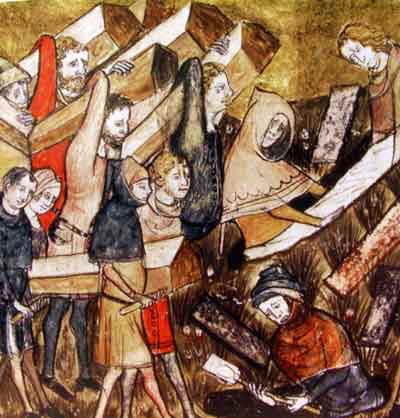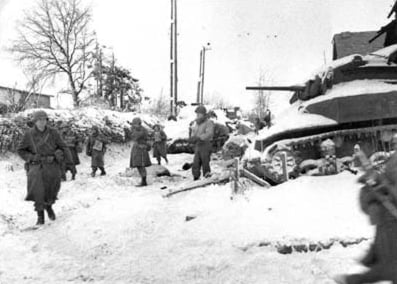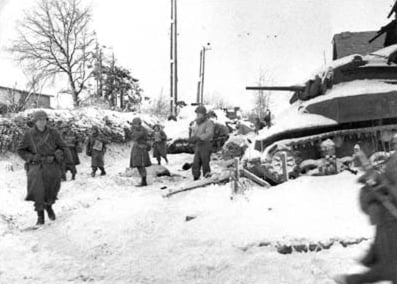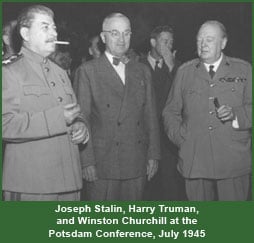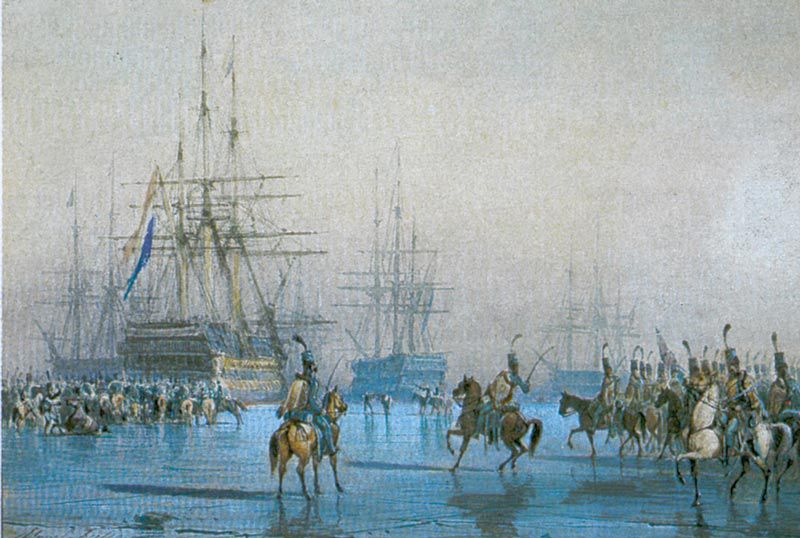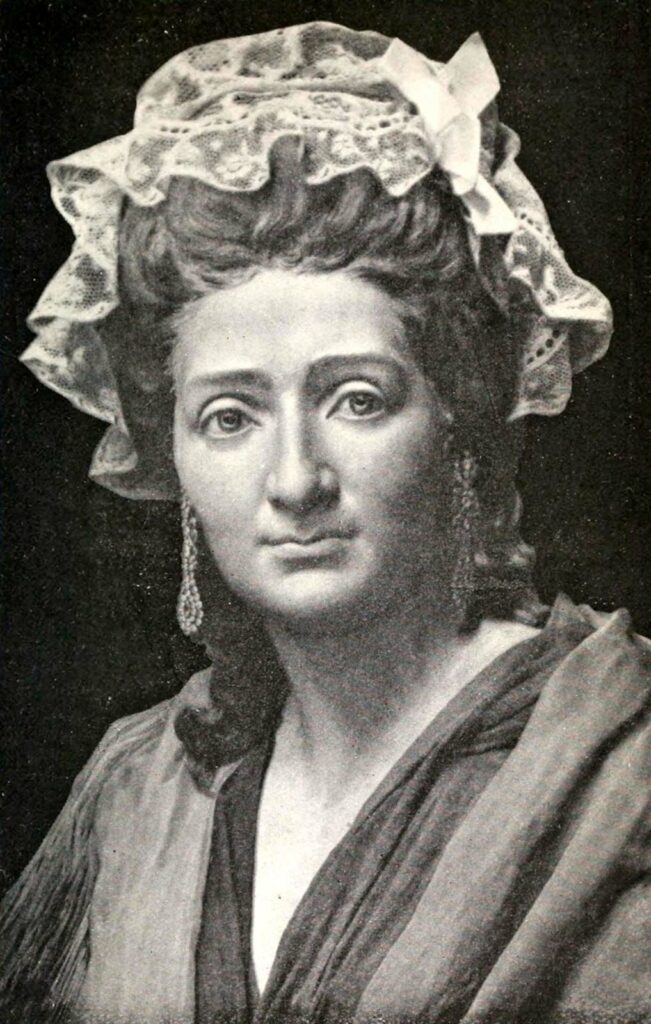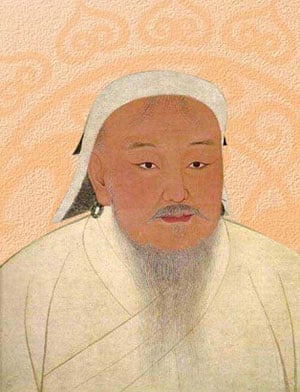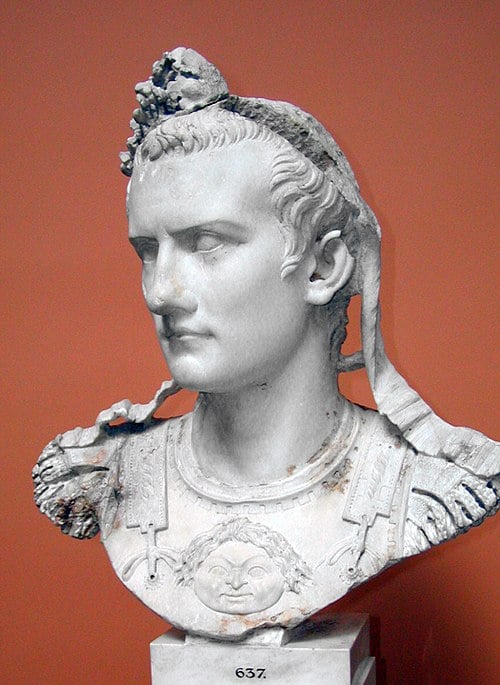The Black Death was responsible for the beginning of the end of European Feudalism/Manoralism. As there were fewer workers, their lords were forced to pay higher wages. With higher wages, there were fewer restrictions on travel. Eventually, this would lead to a trade class/middle class.
Consequences of the Black Death The great population loss brought favourable results to the surviving peasants in England and Western Europe. There was increased social mobility, as depopulation further eroded the peasants’ already weakened obligations to remain on their traditional holdings. Seigneurialism never recovered. Land was plentiful, wages high, and serfdom had all but disappeared. […]
